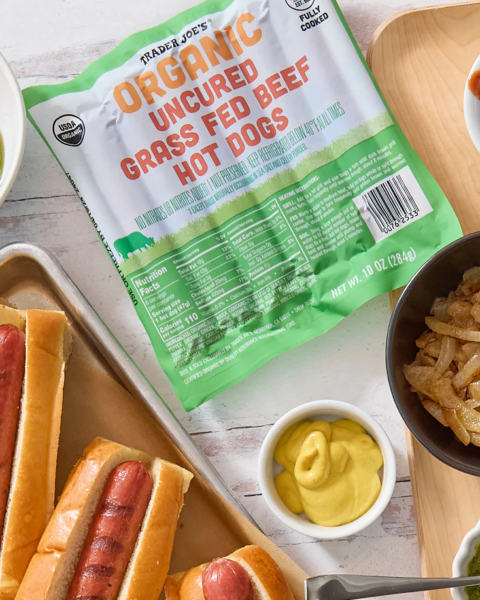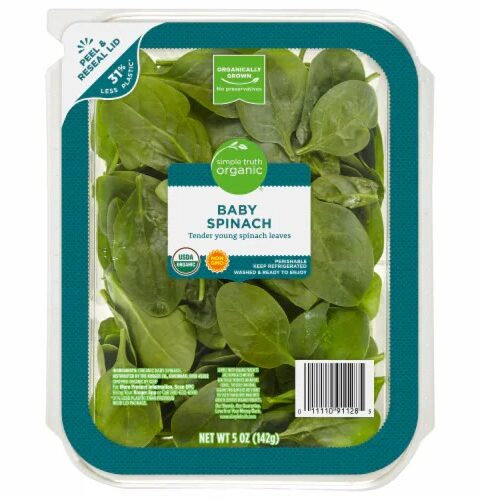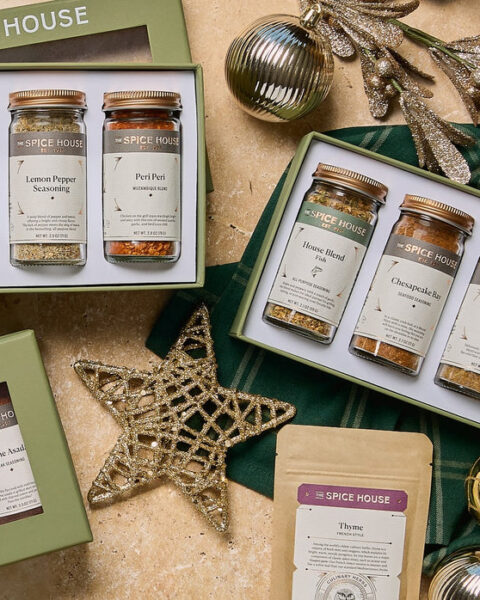Meal prepping can be a lifesaver, but when things go wrong, it can turn your week upside down. Small mistakes, like not storing food properly or picking the wrong recipes, can make things more stressful than convenient. Instead of saving time, you might find yourself scrambling to fix meals or dealing with food that doesn’t taste as fresh as it should.
Contents
- 1 Not Having a Plan
- 2 Overcomplicating Recipes
- 3 Not Portioning Properly
- 4 Ignoring Food Storage Guidelines
- 5 Prepping Too Far in Advance
- 6 Skipping Variety in Your Meals
- 7 Underestimating Prep Time
- 8 Not Prepping What You Actually Like
- 9 Forgetting to Label Meals
- 10 Overloading on Ingredients
- 11 Not Staying Flexible
- 12 More From RetailShout
- 13 22 Simple and Refreshing Summer Treats to Make at Home
- 14 30 Easy Gluten-Free Recipes That Everyone Will Love
Not Having a Plan

Jumping into meal prep without a clear plan is a recipe for disaster. If you don’t take the time to map out your meals, you might end up with too much of one thing and not enough of another. This can lead to last-minute grocery runs or, worse, skipping meals altogether. Planning helps you stay organized and ensures you have balanced meals ready. Without it, the whole process can become chaotic.
Overcomplicating Recipes

Choosing fancy or complex recipes might seem like a good idea, but it can actually make meal prep overwhelming. Complicated recipes take more time to prepare and often require special ingredients that might not be easy to find. This can lead to frustration and burnout. Sticking to simple, straightforward meals makes the process quicker and less stressful. Plus, it’s easier to tweak basic recipes to your liking.
Not Portioning Properly
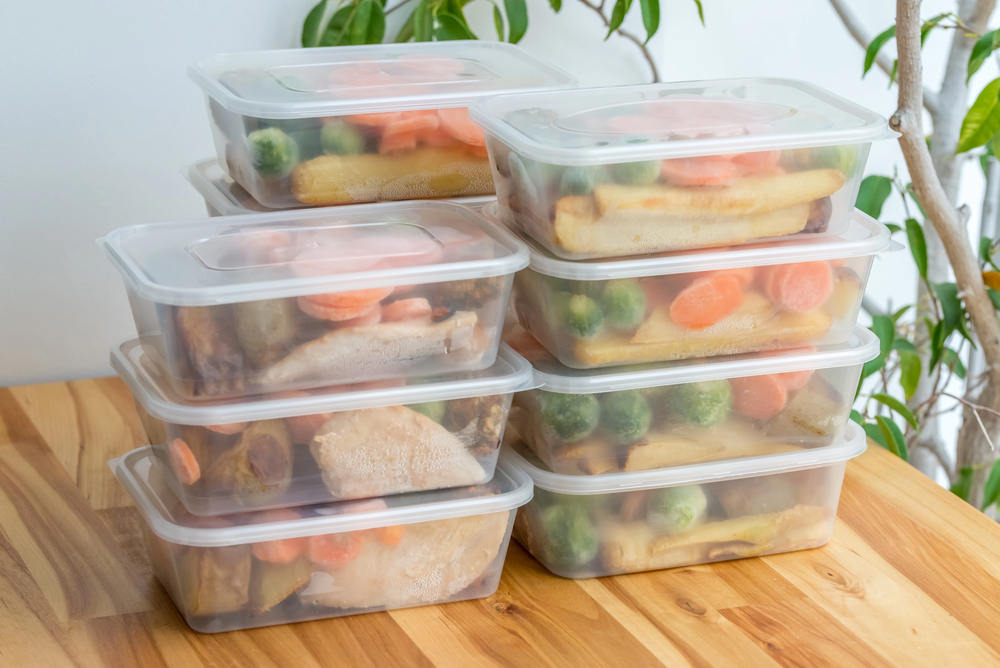
Skipping the step of portioning your meals can backfire during the week. If your meals aren’t divided into proper portions, you might eat too much or too little, which can throw off your entire day. Overeating leads to running out of food too soon, while under-eating leaves you hungry and tired. By portioning your meals right away, you save time and ensure balanced servings.
Ignoring Food Storage Guidelines
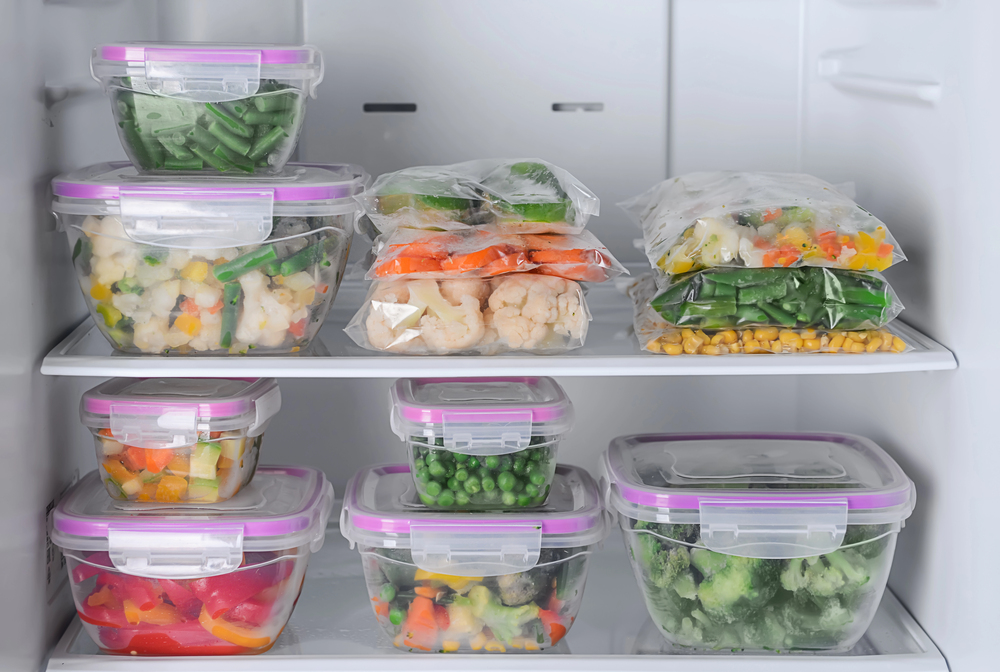
Food storage is key to keeping your meals fresh and safe, but many people overlook this step. Storing food incorrectly can lead to spoilage or even foodborne illnesses. If you don’t use proper containers or refrigerate your meals correctly, you might find your food goes bad before you can eat it. Following basic food storage guidelines ensures your meals stay delicious and safe to eat all week.
Prepping Too Far in Advance
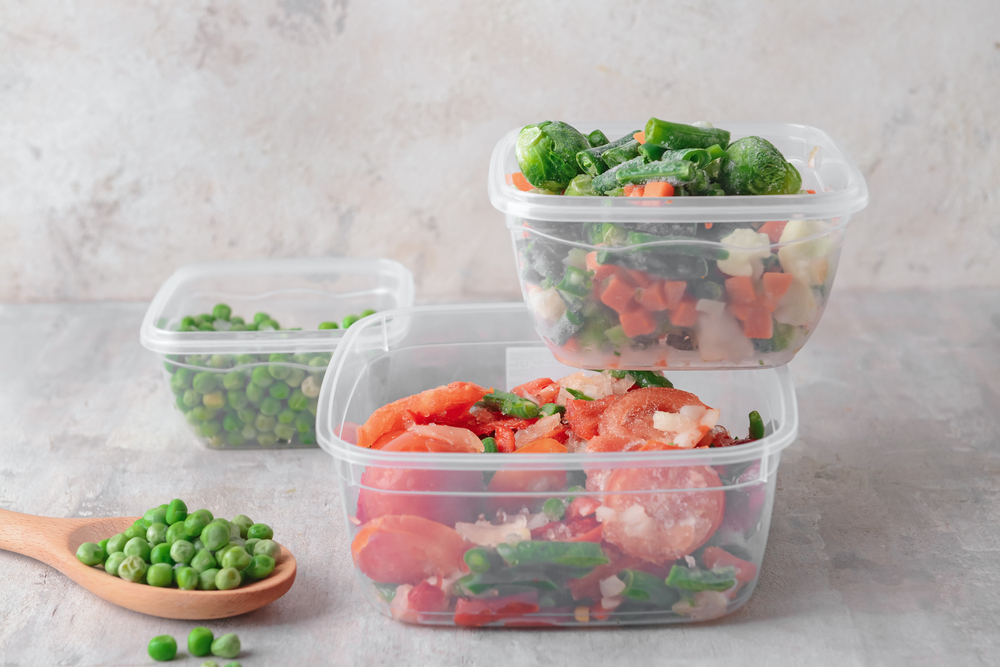
While it might seem smart to prep your meals way ahead of time, doing it too early can cause problems. Meals that sit in the fridge for too long can lose their flavor and texture. You might end up with soggy vegetables or dry meat by the end of the week. Prepping for three to four days at a time ensures your food stays fresh and appetizing without the risk of spoilage.
Skipping Variety in Your Meals
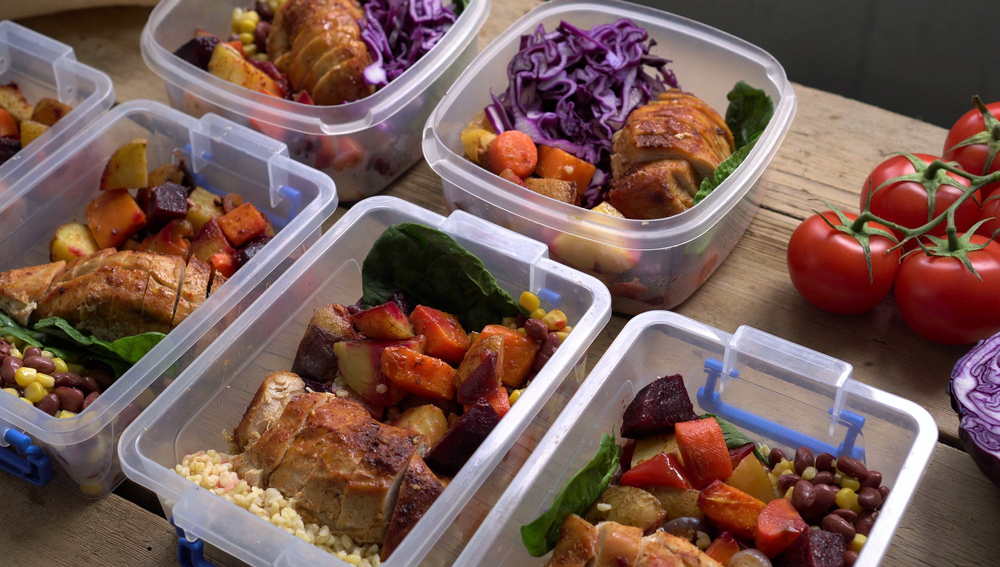
Eating the same thing every day can quickly become boring and make meal prepping feel like a chore. Without variety, you might find yourself less excited about eating your prepped meals, leading you to spend money on takeout instead. Adding a few different options to your weekly menu keeps things interesting and helps you stay on track. This way, you won’t dread eating the same meal day after day.
Underestimating Prep Time

It’s easy to assume meal prep will take less time than it actually does. But when you underestimate how long it takes to cook, chop, and portion, you end up rushing or not finishing. This can lead to cutting corners, which impacts the quality of your meals. Setting aside enough time to properly prep is essential for a stress-free week.
Not Prepping What You Actually Like
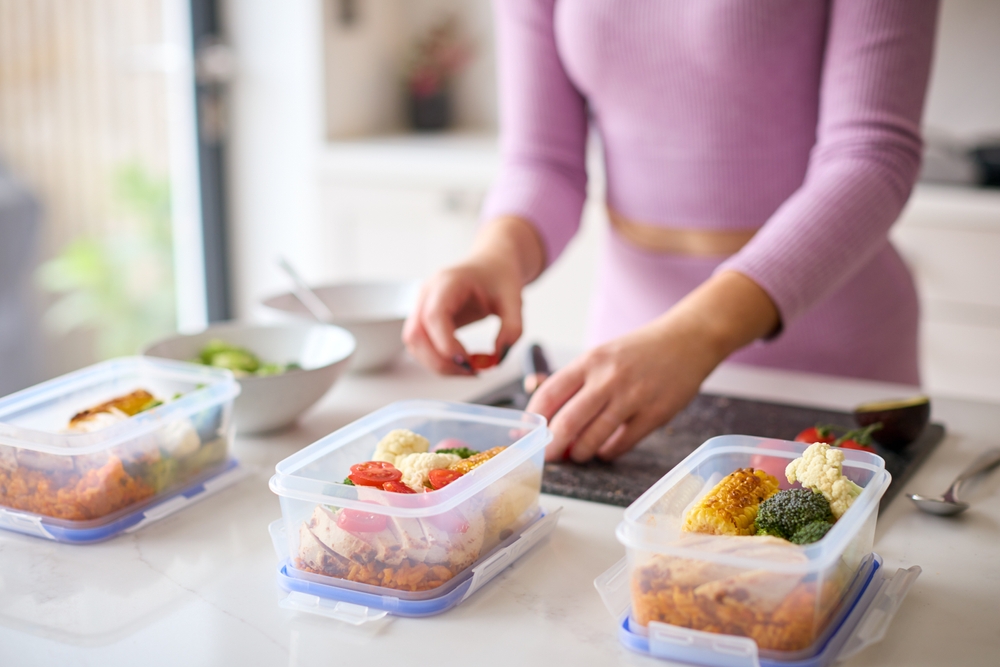
One of the biggest mistakes is preparing meals you don’t truly enjoy. If you force yourself to eat something just because it’s healthy, you’re less likely to stick to your meal plan. Choose recipes you genuinely like so you’ll look forward to eating them throughout the week. This makes meal prep a sustainable habit instead of a dreaded chore.
Forgetting to Label Meals

When you’re in a rush, it’s easy to forget what’s in each container. Not labeling your meals can lead to confusion, especially if you have multiple containers of similar-looking food. Taking a few seconds to label your meals with the date and name saves time and prevents you from guessing what’s inside each one. This simple step makes your week more organized and efficient.
Overloading on Ingredients

Trying to use too many ingredients in each meal can complicate the process. Not only does this make meal prep take longer, but it also makes grocery shopping more expensive and overwhelming. Sticking to recipes with fewer, simpler ingredients helps streamline the process and ensures you’re not overcomplicating things. This way, meal prep stays manageable and cost-effective.
Not Staying Flexible
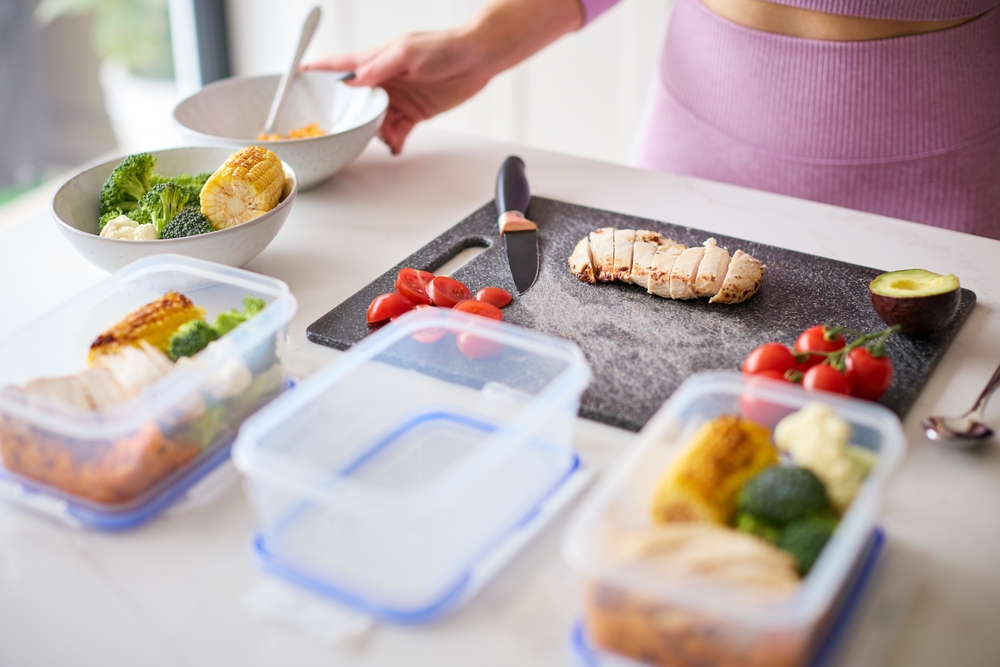
Sometimes, things don’t go as planned, and that’s okay. Sticking too rigidly to a meal plan can cause stress when things change. Being flexible allows you to adjust your meals if something comes up or if you don’t feel like eating what you prepped. Having backup options or being willing to swap ingredients helps make meal prep more enjoyable and less of a hassle.
This article originally appeared on RetailShout.
More From RetailShout
15 Top Melting Cheeses Recommended by a Chef

Melting cheese can turn an ordinary meal into something amazing. Whether it’s a gooey grilled cheese, a creamy fondue, or a deliciously cheesy pizza, the right cheese can make all the difference. Read More.
22 Simple and Refreshing Summer Treats to Make at Home

Summer is the perfect time to enjoy light, refreshing treats that cool you down and satisfy your sweet tooth. Whether you’re lounging by the pool, hosting a barbecue, or just relaxing on a warm afternoon, there’s nothing better than indulging in some delicious summer desserts. Read More.
30 Easy Gluten-Free Recipes That Everyone Will Love
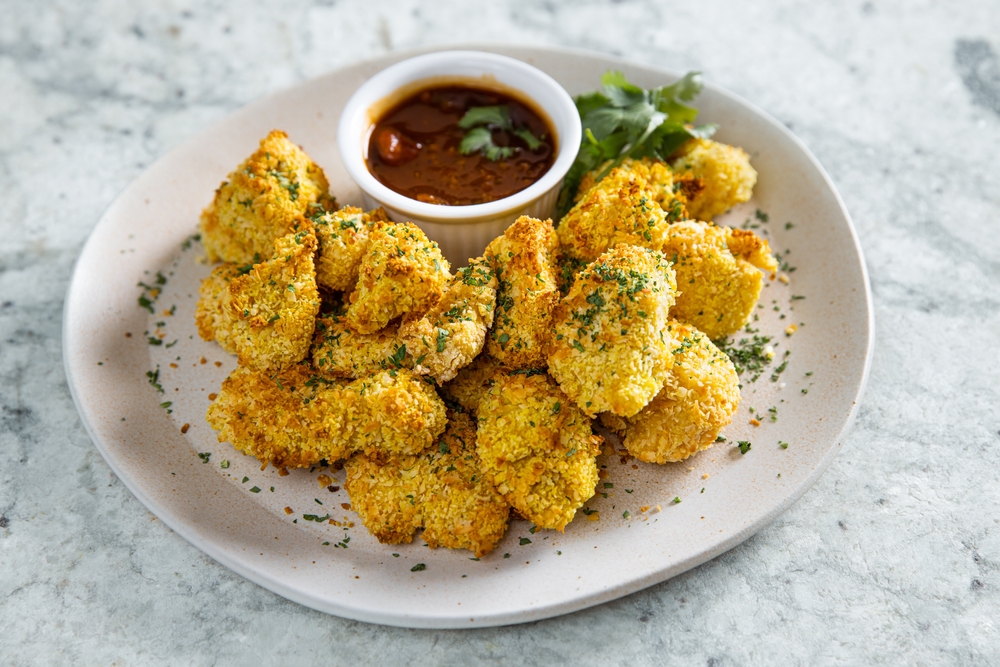
Finding delicious and easy gluten-free recipes can sometimes feel like a challenge, but it doesn’t have to be. Whether you’re cooking for someone with gluten sensitivities or simply exploring new ways to enjoy your meals, there are plenty of tasty options that everyone at the table will love. Read More.


